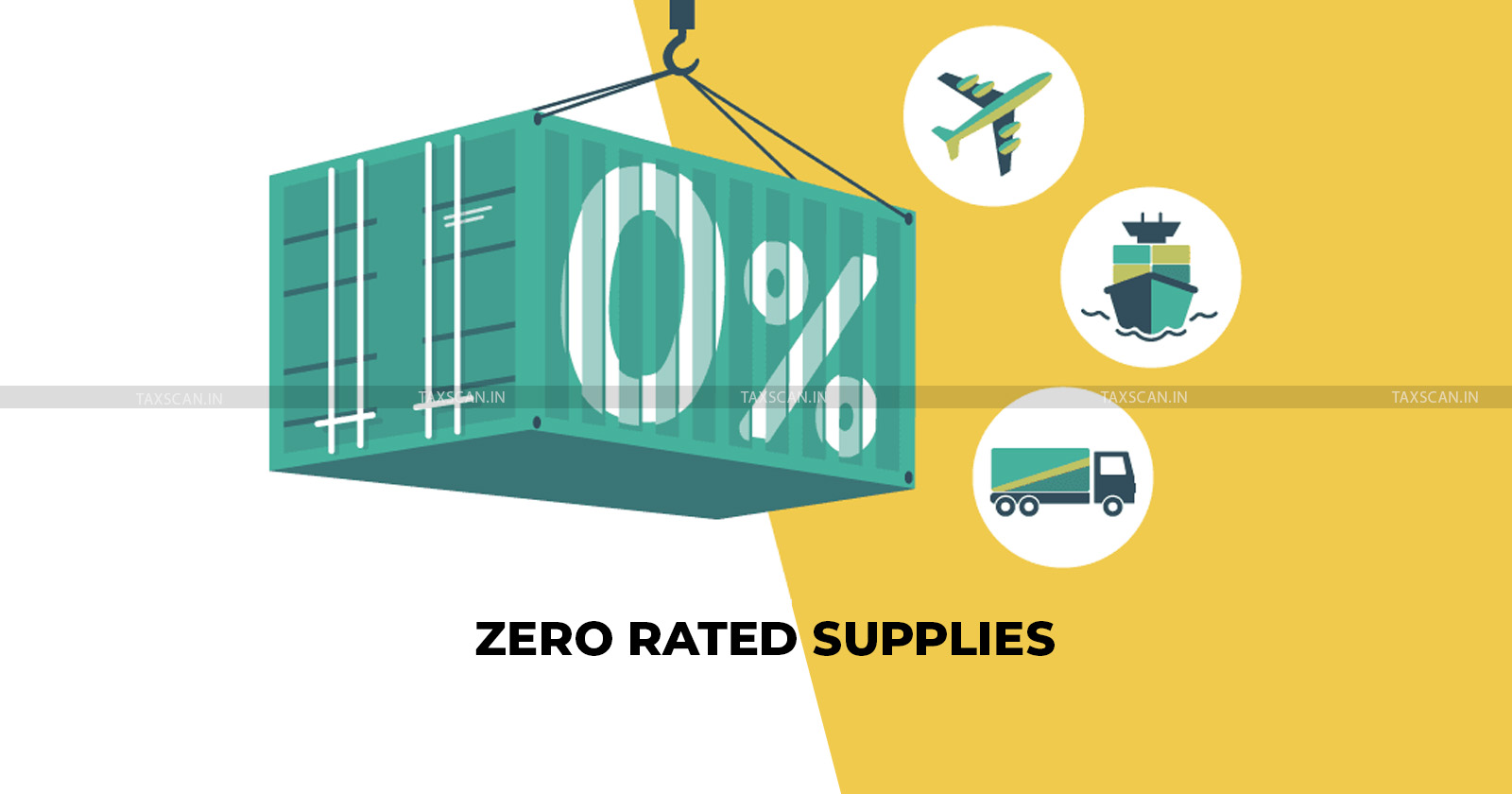Constitutional Validity of Restriction of Refunds on Exports of Zero Rated Supplies through LUT Model
An Exploration of Constitutionality of Restriction of Refunds on Exports of Zero-Rated Supplies through LUT

Constitutional Validity – Restriction of Refunds – Exports – Exports of Zero Rated Supplies – TAXSCAN
Constitutional Validity – Restriction of Refunds – Exports – Exports of Zero Rated Supplies – TAXSCAN
The intention of making exports zero-rated is to make the entire supply chain of exports tax-free. However, Rule 89(4)(c) restricts the refund in case of export made through the LUT model to 1.5 times the value of “like goods” domestically supplied.
The Letter of Undertaking is a document submitted by the exporter in order to export goods or services without the payment of taxes. In case the LUT is not filed, the exporter may export by payment of IGST and then claim the refund of tax paid.
Further, the said rule is violative of Articles 14 and 19(1)(g) of the Constitution of India.
Articles 14, 19, and 21 of the Indian Constitution are known as the "Golden Triangle". These articles are interdependent and cannot be interpreted separately. For example, the right to equality under Article 14 cannot be achieved without the freedom of speech and expression guaranteed by Article 19.
Article 14 guarantees equality before the law and equal protection of the law. Article 19 guarantees six freedoms, including freedom of speech and expression, assembly, association, movement, residence, and profession. Article 19(1)(g) guarantees the fundamental right to practice any profession or to carry on any occupation, trade or business.
Moreover, the rule has words "like goods" and "similarly placed supplier," which are not defined anywhere in the CGST Act or IGST Act or rules made thereunder.
There is no clarity on the basis for determining the like goods for computing 1.5 times of such domestic supplies. Also, there is no mechanism in place to adjust the value on account of various factors like quality differences etc which are bound to happen.
Further there is a possibility that a particular product has only an export market and consequently there might not be any domestic supplies of goods which are being exported.
Taking a notional value for turnover of zero rated supply of goods for computation of eligible refund amount can result in a lesser refund entitlement to an exporter despite having realized the full export proceeds in excess of the notional value of 1.5 times the value of like goods supplied in domestic market.
Rule 89(4)(c) of the CGST Rules is ultra vires in view of the well-settled principle of law that rules cannot override the parent legislation, held Karnataka HC in the case of M/s. Tonbo Imaging India Pvt Ltd v. Union of India.
A Single Bench of the Karnataka High Court has recently quashed an amendment to the Central Goods and Services Tax ( CGST ) Rule, 2017 vide Para 8 of the Notification No.16/2020-Central Tax, declaring it ultra vires and unconstitutional. The impugned offending words, “or the value which is 1.5 times the value of like goods domestically supplied by the same or, similarly placed supplier” appearing in Rule 89(4C) of the Central Goods and Services Tax Rules, 2017 was quashed by the Karnataka High Court.
Prior to the aforesaid amendment, Rule 89(4C) of the CGST Rules, read as under:- “Turnover of zero-rated supply of goods means the value of zero-rated supply of goods made during the relevant period without payment of tax under bond or letter of undertaking as declared by the supplier, whichever is less, other than the turnover of supplies in respect of which refund is claimed under sub-rules (4A) or (4B) or both.”
After amendment w.e.f 23.03.2020, Rule 89(4C) reads as under:- “Turnover of zero-rated supply of goods means the value of zero-rated supply of goods made during the relevant period without payment of tax under bond or letter of undertaking or the value which is 1.5 times the value of like goods domestically supplied by the same or, similarly placed supplier, as declared by the supplier, whichever is less, other than the turnover of supplies in respect of which refund is claimed under sub-rules (4A) or (4B) or both.”
The impugned wordings were resultantly quashed and the petitioner was held entitled to refund along with interest. The order denying refund claim was also quashed in process.
The issue regarding validity of the Explanation to Rule 93 of the CGST Rules, challenged by the petitioner was however kept open to be dealt with in an appropriate case.
The decision of the Karnataka High Court to quash the amendment to Rule 89(4C) of the CGST Rules reinforces the argument that the rule is ultra vires and unconstitutional.
Support our journalism by subscribing to Taxscan premium. Follow us on Telegram for quick updates


